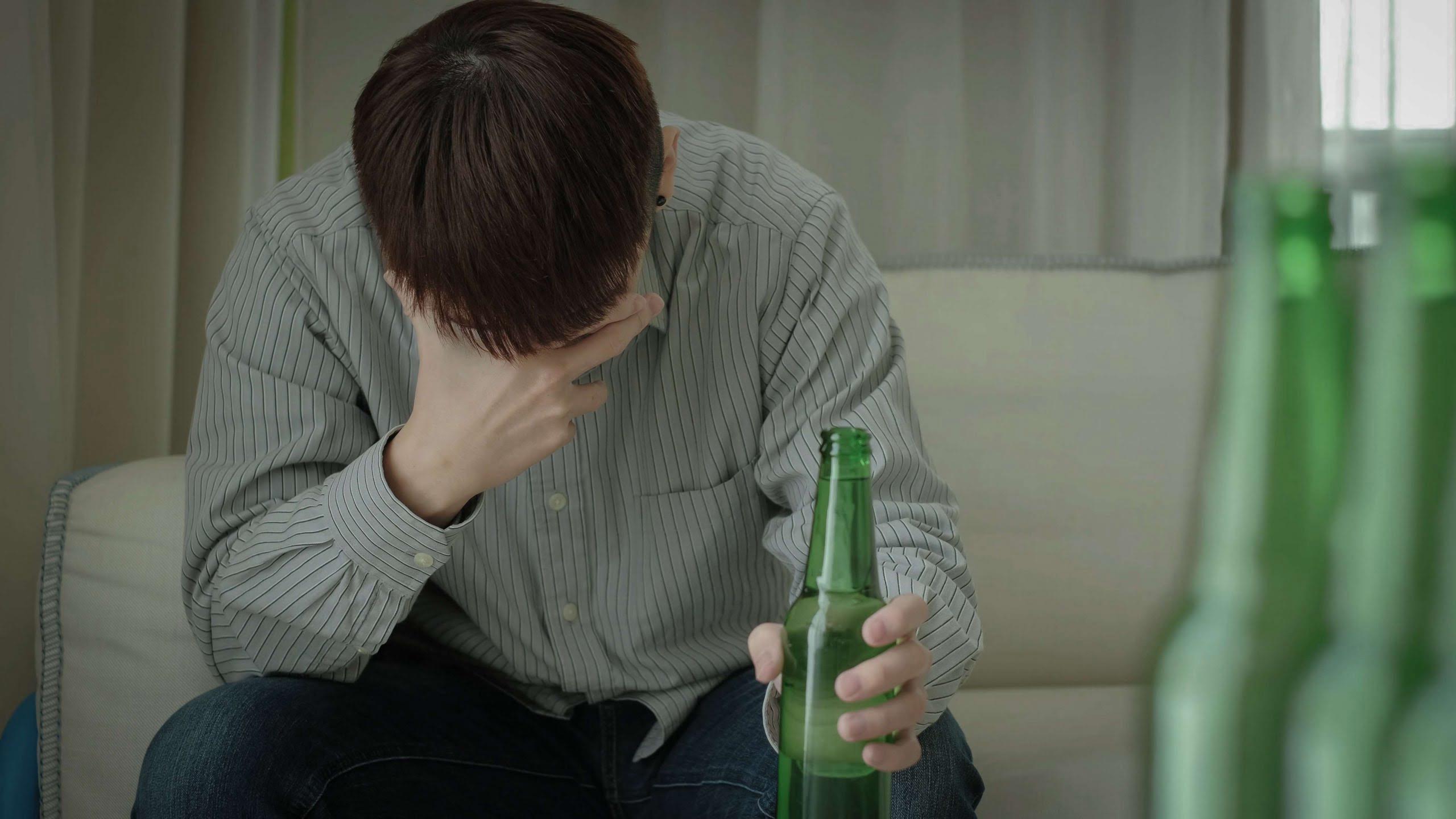The benefits of 12-step participation extend beyond substance use, however (Humphreys et al., 2004). The process of recovery is highly personal and occurs via many pathways. It may include clinical treatment, medications, faith-based approaches, peer support, family support, self-care, and other approaches. Recovery is characterized by continual growth and improvement in one’s health and wellness and managing setbacks.
Common Signs of Bulimia
- Many people who misuse alcohol or drugs have trouble dealing with anger.
- Many people with SUDs or other problematic substance use achieve recovery using other avenues alone—or in addition to—formal treatment, or use harm reduction techniques to lessen the consequences of problematic use.
- Consistently following this plan provides structure and guidance, helping individuals navigate the challenges that may arise post-treatment.
- Recognizing addiction’s impact on various life aspects, the best programs integrate diverse rehabilitative services.
Evaluation studies currently underway may provide a more conclusive judgment of whether and how recovery community centers benefit their members. Recovery community centers are different from professionally-operated substance use disorder treatment programs because they offer support beyond the clinical setting. Despite the growing popularity and importance of “recovery” as a concept, many people wonder what the term really means and why it matters. This chapter answers these questions by first defining the concept of recovery from substance use disorders and then reviewing the research on the methods and procedures used by mutual aid groups and recovery support services (RSS) to foster and sustain recovery. As ‘recovery’ increases in popularity, there remains little consensus on what the terms means which hinders http://www.infopp.ru/referaty_po_etike/referat_etiket_regiona_afrika.html service development and evaluation, and funding policy decisions (Maddux & Desmond, 1986). While most biomedical fields typically have a relatively clear-cut consensual definition of what ‘remission’ means, for instance five years disease-free in oncology (Reis et al., 2003), the drug and alcohol field does not.

Sign Up for SAMHSA Email Updates
Mutual aid groups focused on substance use differ from other RSS in important respects. First, they have been in existence longer, having originally been created by American Indians in the 18th century after the introduction of alcohol to North America by Europeans.44 The best-known mutual aid group today, AA, was founded in 1935. Other more recent RSS innovations and have yet to be studied extensively.45 Second, mutual aid groups advance specific pathways to recovery, in contrast to the general supports provided by other RSS.
Virtual Approaches: How Telehealth Is Used in SUD Treatment
What types of people are most likely to benefit from living in recovery housing. Because recovery is a multidimensional process, it means different things to different people, and conducting research on it can be challenging.407,408 Yet, recovery research is a burgeoning field of inquiry with many different topics to explore, some of which are discussed in the following sections. Not practicing self-care, including physical self-care like healthy sleeping374 and eating.

Potential vaccines for addiction to substances
By fostering a non-confrontational and empathetic therapeutic environment, MI aligns with the stages individuals navigate, promoting intrinsic motivation for change. The collaborative nature of MI respects the diverse progression of individuals through the stages, acknowledging their readiness and ambivalence. It’s not uncommon for individuals who struggle with https://allnewstoday365.com/ecilined-brain.html addiction to relapse after completing treatment, and it doesn’t mean that treatment failed. Instead, a relapse indicates that additional treatment is needed or a different form of treatment is needed. When creating your aftercare plan, members of your treatment care team help you consider your particular situation, including whether you need housing, employment, or continued treatment.
From the perspective of behavioral economics, the COVID-19 pandemic created a “perfect storm” for SUDs. Research will need to assess the long-term impact of the pandemic on the behavioral economic structures of substance use. The specific meaning of recovery can also vary across cultures and communities. Among some American Indians, recovery is inherently understood to involve the entire family18 and to draw upon cultural and community resources (see, for example, the organization White Bison). On the other hand, European Americans tend to define recovery in more individual terms.
This decision may result from success—or a lack of success—with controlled use.344 Conversely, a client with a goal of abstinence may, after repeated recurrences, decide to make controlled or reduced use their goal. What services people may receive before, in addition to, after, and instead of treatment in support of their recovery. The conceptualization of problematic substance use has evolved from misunderstanding it as a moral failure, to thinking of it as a disease, to, increasingly, applying a biopsychosocial model that takes into account an individual’s lived context.
Future directions for research on peer services could include large-scale comparative studies on their overall effectiveness and their relative effectiveness in different settings. Which aspects of recovery residences (e.g., social support, linkages to mutual-help programs) have the greatest impact. SUD service delivery https://vizit-internet.ru/2014/02/07/page/9/ in mainstream health care can be cost effective and may reduce intake/treatment wait times at SUD treatment facilities. Many people with SUDs or other problematic substance use achieve recovery using other avenues alone—or in addition to—formal treatment, or use harm reduction techniques to lessen the consequences of problematic use. New York City recently opened the nation’s first official safe consumption clinics, where people with substance use disorder can use drugs under medical supervision.

Recovery is a process of change through which people improve their health and wellness, live self-directed lives, and strive to reach their full potential. Even people with severe and chronic substance use disorders can, with help, overcome their illness and regain health and social function. Being in recovery is when those positive changes and values become part of a voluntarily adopted lifestyle. While many people in recovery believe that abstinence from all substance use is a cardinal feature of a recovery lifestyle, others report that handling negative feelings without using substances and living a contributive life are more important parts of their recovery.

